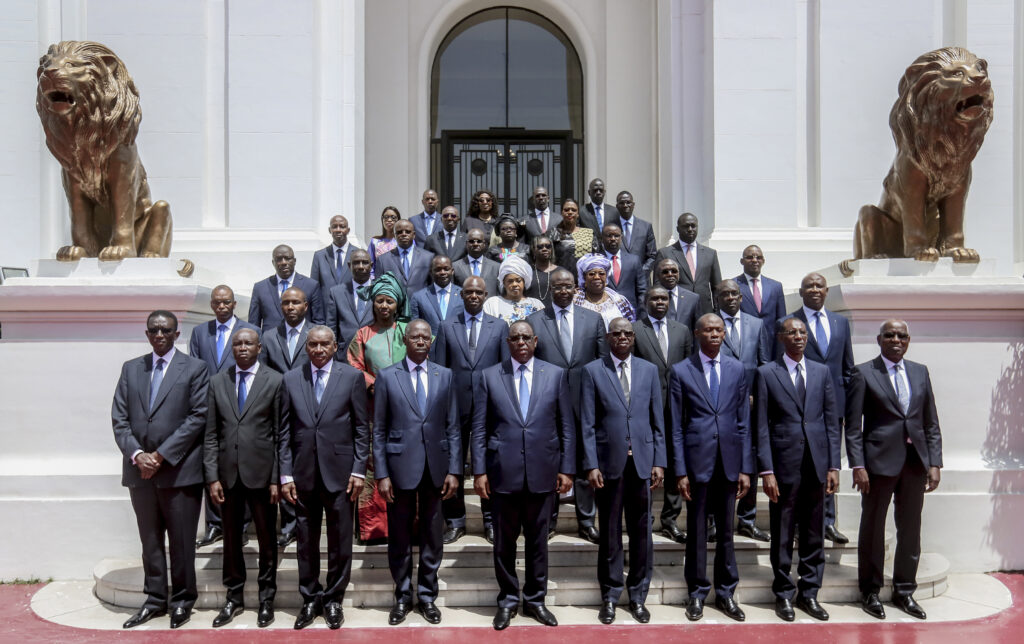Senegalese lawmakers on Thursday began debating whether to allow several former ministers to face charges before a special court over accusations they embezzled funds meant for the country’s fight against Covid.Senegal’s National Assembly is largely controlled by President Bassirou Diomaye Faye’s party, who was elected in March last year on a promise to change how the west African country is run compared to his predecessors. Faye has made the fight against corruption a policy priority and has launched investigations into the administration of Macky Sall, who was president from 2012 for 12 years.But the opposition has slammed the moves as a “witchhunt”.Last Friday, lawmakers lifted parliamentary immunity from prosecution for two opposition MPs caught up in the allegations while serving in Sall’s administration. Proceedings of this type are rare in Senegal and cases against former ministers in the exercise of their duties must be authorised by lawmakers.Moustapha Diop was industrial development minister while Salimata Diop was the women’s affairs minister under Sall when the fund to fight the spread of Covid-19 was established in 2020-21. Both have rejected accusations they misappropriated any of the money, which totalled one trillion CFA francs ($1.7 billion).The funds were intended to reinforce the healthcare system, support households and the private sector and protect jobs during the pandemic. However, a December 2022 Court of Auditors report revealed irregularities, such as 2.7 billion CFA francs in over-invoicing of rice purchased for disadvantaged households and some 42 million CFA francs for sanitiser. Three other former ministers accused are Amadou Mansour Faye, also the former president’s brother-in-law, Aissatou Sophie Gladima and Ismaila Madior Fall.Several prominent figures, including artists, broadcasters, fashion designers, as well as senior officials, have been questioned during an investigation.Parliament lifted immunity for Moustapha Diop and Salimata Diop last Friday as they were elected as lawmakers in November after Sall left office.A three-fifths majority of the 165 lawmakers is required for the adoption of each draft resolution, with voting by secret ballot.The accused could then face questioning from the High Court’s investigative committee, which will decide whether or not to commit them for trial.The court’s final decision is not subject to appeal.
